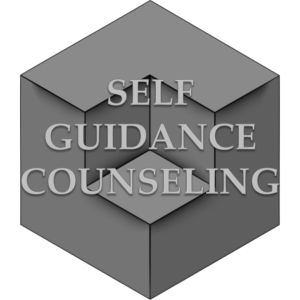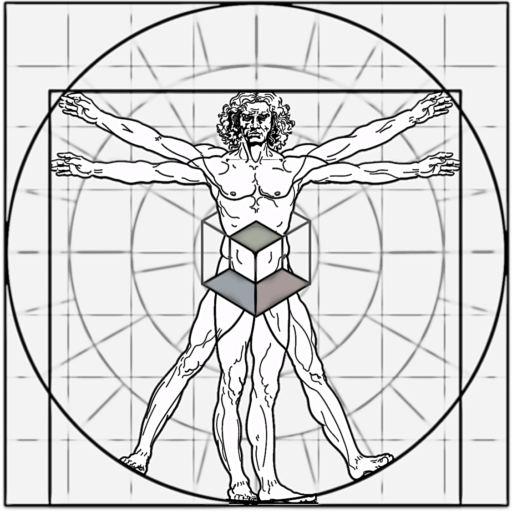About Health and Wellness Coaching
What is wellness?
Wellness is a comprehensive view of health and life-satisfaction that takes a 360-degree view of the individual and all of the factors that contribute to a “well-lived life.”
Far more than just the prevention of–or recovery from–illness or injury, wellness is about living a life aligned with your deepest values. It’s about connecting with your true self, finding meaning in your daily activities, and being fully present to the adventure of your life as it unfolds. Wellness is an active and engaged state. It is often experienced as a heightened sense of awareness and control, where one feels full of energy and purpose, yet also calm and at peace.
There are many definitions of wellness. An exact picture of wellness looks different for everyone, but for a general definition, I like to say that wellness is a deep and consistent alignment between what you think, what you do, and what you feel.
What you think: your thoughts
What you do: your actions
What you feel: your emotions
Wellness is not a passive or static state but rather an “active pursuit” that is associated with intentions, choices and actions as we work toward an optimal state of health and wellbeing.
-Global Wellness Institute
There is no consensus around a single definition of well-being, but there is general agreement that at minimum, well-being includes the presence of positive emotions and moods (e.g., contentment, happiness), the absence of negative emotions (e.g., depression, anxiety), satisfaction with life, fulfillment and positive functioning
-CDC definition
“To laugh often and much; to win the respect of intelligent people and the affection of children; to earn the appreciation of honest critics and endure the betrayal of false friends; to appreciate beauty; to find the best in others; to leave the world a bit better, whether by a healthy child, a garden patch or a redeemed social condition; to know even one life has breathed easier because you have lived. This is to have succeeded.”
-Ralph Waldo Emerson
“Wellness is not a static state. High-level wellness involves giving good care to your physical self, using your mind constructively, effectively, being creatively involved with those around you, and being concerned about your physical, psychological, and spiritual environments. In fact, it’s not so much where you are on the continuum, but which direction you’re facing.”
-(Travis & Ryan, Wellness Workbook)
Some dimensions of wellness. How would you rate yourself along these dimensions?
What is health and wellness coaching?
Health and wellness coaching is an interdisciplinary approach to well-being that builds on the principles of humanistic psychology and behavioral change science. More about asking the right questions than knowing the right answers, health and wellness coaching differs from more traditional “expert-centric” support paradigms. Instead of providing external solutions, coaches look to draw inner directions from their clients. Coaching also places an emphasis on taking action; clients are encouraged to pursue process or behavioral goals and to take consistent steps towards their desired future.
The coach approach is:
- Client-driven: What’s on your mind?
- Future-focused: What do you want?
- Action-based: What can you do?
- Deliberate/intentional: What will you do now?
- Supportive: How can I help you succeed?
Health and wellness coaching can serve as an alternative to traditional talk therapy for those experiencing subclinical levels of distress or dissatisfaction: people who could use a little extra structure, accountability, or support around an issue, but whose level of need doesn’t require therapeutic care. However, heath and wellness coaching can also serve as a great compliment for those already in therapy–providing a tailor-made environment for practicing any key behaviors identified in therapy or translating insights into actionable steps.
Wellness coaching is ideal for those who are doing “well-enough”–in the gray area between ‘floundering’ and ‘flourishing’

Health & wellness coaches train in behavior change theories, motivational strategies, and health education and promotion theories. They use these to support the client in creating and sustaining change for improved health and well-being.
Health & wellness coaches support clients in activating internal strengths and external resources to make sustainable and healthy lifestyle behavior changes. Health coaches use a client-centered approach wherein clients decide their goals, engage in self-discovery or active learning processes, and self-monitor behaviors to increase accountability, all within the context of an interpersonal relationship with a health coach.
-NBHWC
- Self-determination (Deci & Ryan)
- Positive psychology (Seligman, Peterson)
- Motivational interviewing (Miller & Rollnick)
- Transtheoretical model (Prochaska)
- Constructive development (Kegan & Lahey)
- Psychosocial development (Erickson)
- Multiple intelligences (Gardner)
- Emotional intelligence (Goleman)
- Attribution theory (Weiner)
- Flow theory (Csikszentmihalyi)
- Deliberate practice (Ericcson)
- Self-regulation (Bandura, Mischel)
- Personality modeling (Schwartz, Myers-Briggs)
- Demonstrates ethical practice
- Embodies a coaching mindset
- Establishes and maintains agreements
- Cultivates trust and safety
- Maintains presence
- Listens actively
- Evokes awareness
- Facilitates client growth

